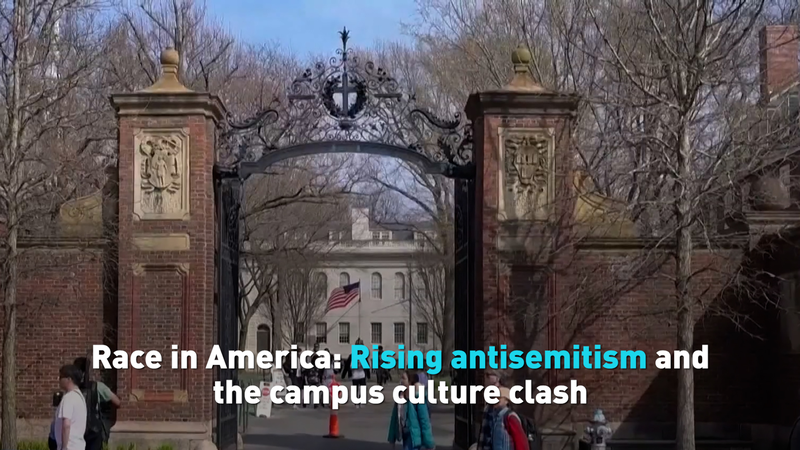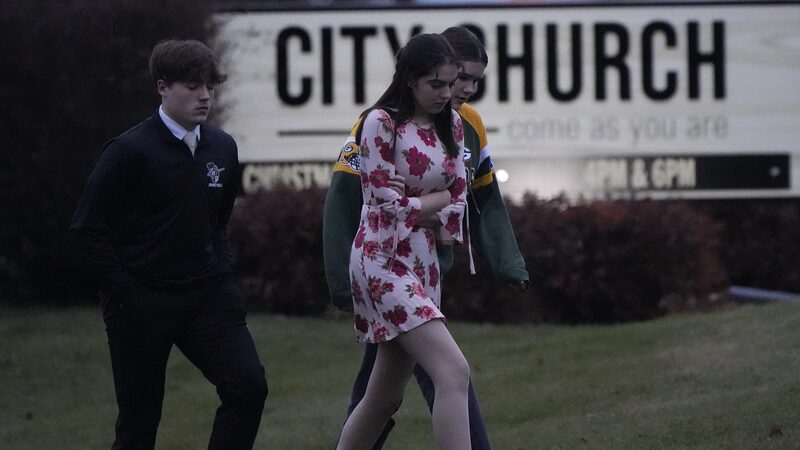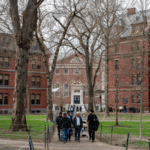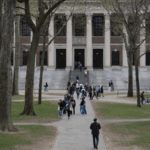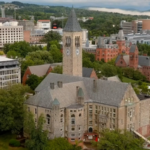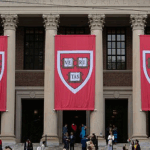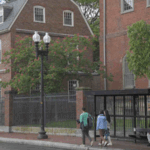As the conflict in Gaza continues to reverberate globally, American universities have become flashpoints for heated debates over identity, free speech, and geopolitical allegiances. Reports of antisemitic incidents and pro-Palestinian protests have surged across campuses, creating complex challenges for administrators balancing student safety with academic freedom.
At Columbia University, a recent 'Resistance 101' workshop led to accusations of promoting antisemitism, while Stanford Law School faced criticism over a controversial mural removal. These incidents reflect broader tensions as students grapple with the emotional weight of overseas conflicts in localized academic settings.
Dr. Elena Torres, a sociologist at UC Berkeley, notes: 'We're seeing Generation Z's acute awareness of global injustice collide with centuries-old prejudices. Campuses have become microcosms of international diplomacy.'
The situation presents unique challenges for university leaders navigating donor concerns, government oversight, and student activism. Meanwhile, Jewish and Muslim student organizations report increased demand for interfaith dialogue initiatives.
As commencement season approaches, institutions face mounting pressure to address these tensions while maintaining their educational missions. The outcomes could shape campus cultures and international student recruitment strategies for years to come.
Reference(s):
Race in America: Rising antisemitism and the campus culture clash
cgtn.com
